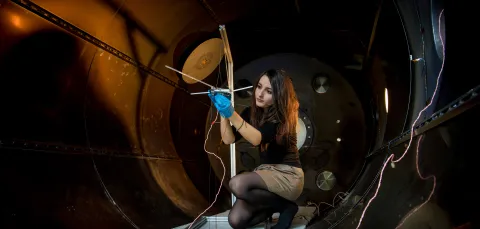About this course
Develop your expertise in spacecraft engineering on this MSc Space Systems Engineering course, unique to the University of Southampton. Developed by world-class experts from our Astronautics Research Group and endorsed by the UK Space Agency, it will give you the skills and knowledge to pursue further specialism, whether you’re a recent engineering, science or maths graduate or already working in the aerospace industry.
On this master's degree you'll gain a detailed overview of how to design a total space system. You’ll learn how the various component subsystems function and integrate with one another, and gain advanced knowledge of space systems engineering.
Drawing on content from the professional courses we run for the European Space Agency and spacecraft industry, this master's course is ideal for both graduates and those who already have some professional experience of astronautics or aerospace engineering.
The degree has a strong practical focus. You’ll take part in individual and group design projects as well as conducting your own critical research project, allowing you to develop your expertise in spacecraft engineering.
You’ll be able to put theory into practice with the help of world-class facilities such as our spacecraft propulsion laboratory, autonomous systems test bed and shaker table.
We regularly review our courses to ensure and improve quality. This course may be revised as a result of this. Any revision will be balanced against the requirement that the student should receive the educational service expected. Find out why, when, and how we might make changes.
Our courses are regulated in England by the Office for Students (OfS).
Course lead
Dr Susmita Naskar is your course leader. Visit Dr Susmita Naskar staff profile to learn more about her work.
Accreditations
This master's programme is accredited by the Royal Aeronautical Society (RAeS) and the Institution of Mechanical Engineers (IMechE) as meeting the academic requirement for Further Learning for Chartered Engineer registration. Candidates must hold a BEng/BSc undergraduate first degree that is accredited for Chartered Engineer (CEng) registration to comply with full CEng registration requirements.
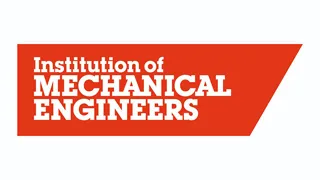
Institution of Mechanical Engineers (IMechE)
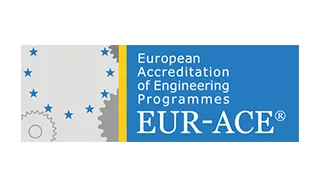
European Accreditation of Engineering Programmes (EAEP)
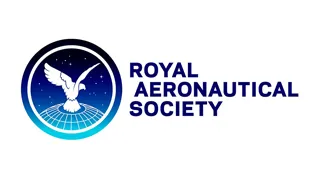
Royal Aeronautical Society (RAeS)
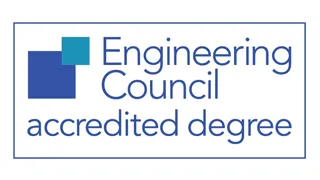
Engineering Council
Course location
This course is based at Highfield.
Awarding body
This qualification is awarded by the University of Southampton.
Download the Course Description Document
The Course Description Document details your course overview, your course structure and how your course is taught and assessed.
